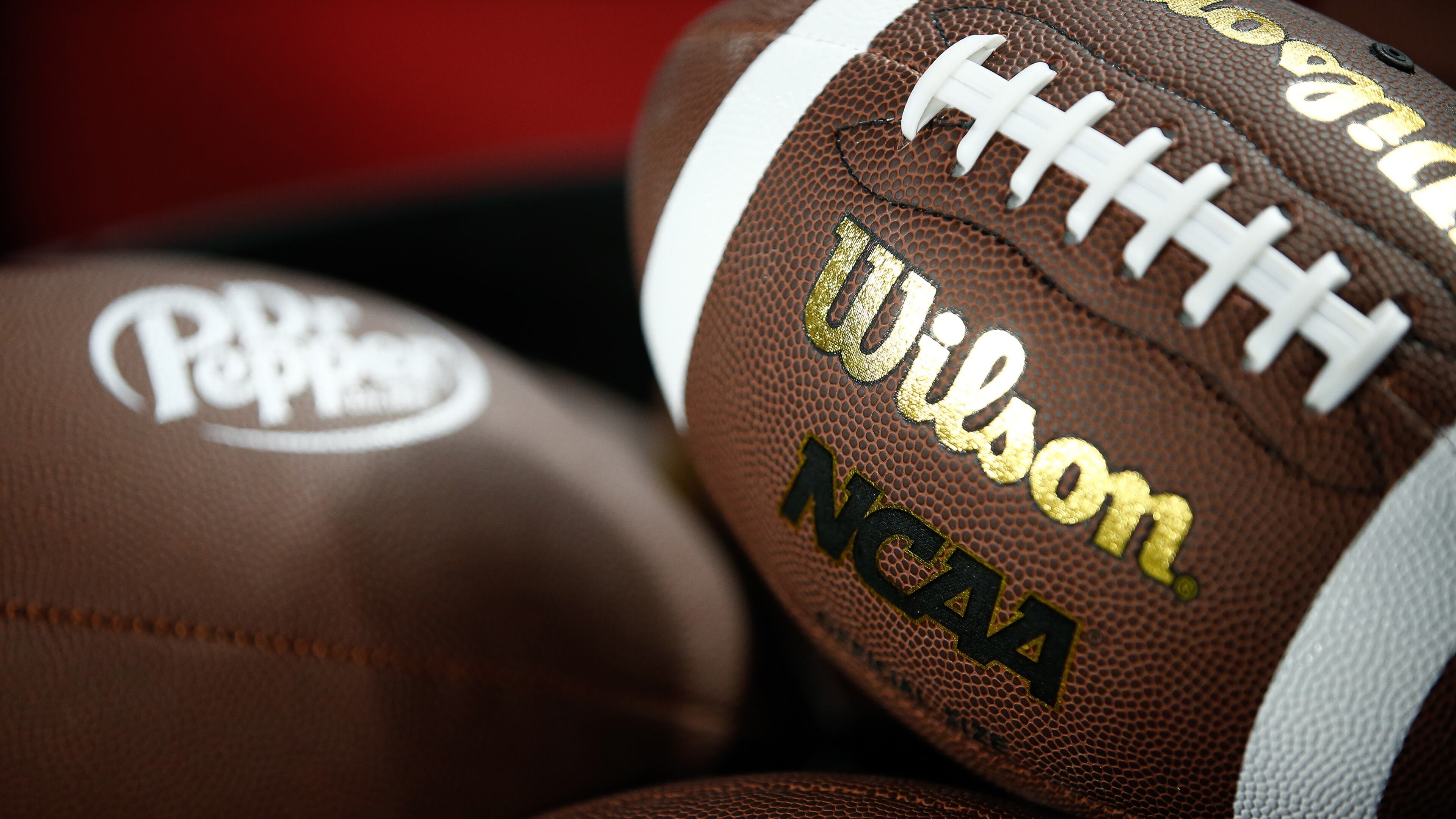Calling it ‘child abuse,’ some call to abolish tackle football for children

College professors Nathan Kalman-Lamb and Derek Silva offer what they call an “existential challenge” in their upcoming book, “The End of College Football: On the Human Cost of an All-American Game.” Based on interviews with several former players, the authors conclude that college football is morally indefensible because athletes suffer from harm, abuse and coercion.
There isn’t as much money generated in high school football, so the chances of economic exploitation are lower. But Kalman-Lamb said the other harms associated with football at lower levels makes it morally indefensible, too.
“At the high school level or below, it’s not that football becomes redeemable,” Kalman-Lamb in an interview. “It’s actually the opposite.”
Eight young football players nationally died in the past month from injuries suffered while participating in football. There is scientific evidence that repeated blows to the head, even those that don’t result in concussions, can cause cognitive issues for children later in life. Those developments have raised questions about the safety of tackle football for youth.
Kalman-Lamb, an assistant professor of sociology at University of New Brunswick, said the harm suffered by young football players should raise bigger questions.
“It sounds inflammatory, but we view it as form of child abuse,” Kalman-Lamb said. “Kids are not in position to consent. They may like football, but they are also taught to like it. They are in an environment where football success is viewed as the highest achievement. It’s structural coercion.”
Kalman-Lamb isn’t alone in his view that tackle football should be abolished for children. An Ispos poll in February found that 53% of Americans support banning tackle football before high school. However, recent efforts by lawmakers in New York and California to pass legislation have so far stalled.
The parents of two players who recently died from football-related injuries said they aren’t looking to abolish the sport.
Ryan Craddock’s son, Cohen, died last month at age 13 after suffering a brain injury during practice. Craddock said he understands the arguments against tackle football and has his own opinions about age limits. But he said he doesn’t voice those views publicly because they tend to get a negative reaction. He’s instead focusing his energy on efforts increase the use of Guardian soft caps, which he said have received a positive response.
Martin McNair said there’s not much use in talking about abolishing tackle football because it’s here to stay. McNair’s son, Jordan, died in 2018 after suffering a heatstroke during a practice with the University of Maryland football team.
“Make the game as safe as possibly can be,” McNair said of his goal. “The game ain’t going to stop. Even though I’ve seen too many kids pass since Jordan’s passing, the game ain’t stopping.”
Kalman-Lamb acknowledges the benefits of team sports, including working toward a common goal and sharing experiences with teammates. But he says the same benefits can be gained by participating in sports other than tackle football, including flag football.
“So many team spots exist that don’t require sacrificing your brain in the process,” Kalman-Lamb said.
It’s not just the physical toll, Kalman-Lamb said. The interviews with former college players revealed the mental abuse they can suffer from playing football.
“People see coaches as inherently positive figures, but football coaching veers in the other direction,” he said. “People are subjected to verbal and physical abuse. They try to coerce players to follow directions. ... We shouldn’t allow that in schools at all. Football culture is too wound up with that. It’s very difficult to pull those two things apart.”



